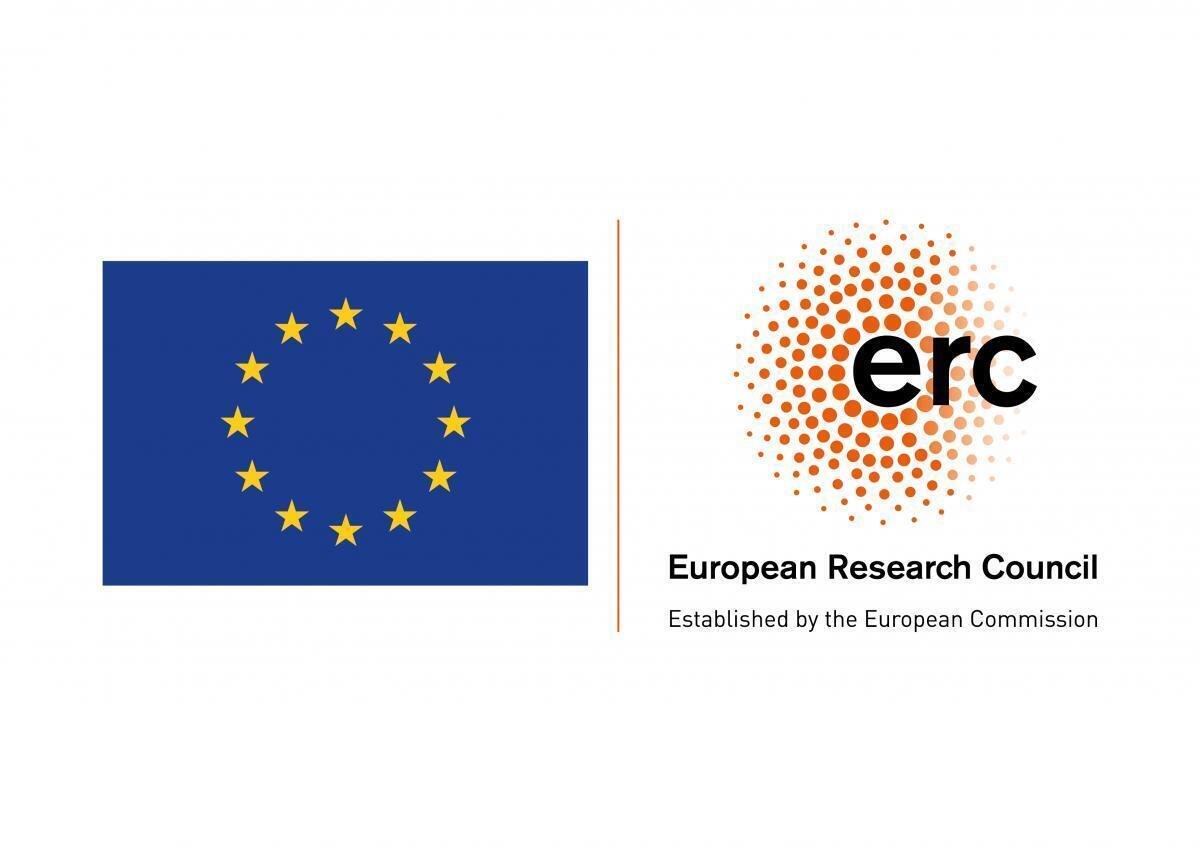Will explore the resilience of ocean currents
Kjetil Våge and ROVER investigate the consequences of a changing climate along the sea-ice edge off the east coast of Greenland. The European Research Council supports his efforts with a prestigious ERC Consolidator Grant.

Main content
The stability of the ocean currents in the Atlantic Ocean is important to us up here in the North, as one of the key heat sources along our coasts. But what will happen to the ocean circulations in a warmer climate? The discussions about this have heated up the research field.
The European Research Council (ERC) wants to know more about this too, and has granted a prestigious Consolidator Grant to Professor Kjetil Våge at UiB and the Bjerknes Centre for Climate Research to develop a deeper understanding.
"It is great to get a positive answer," says a smiling Våge.
A ROVER searching the deep seas
The project has been named «Resilient northern overturning in a warming climate», or ROVER among friends. The goal is to determine how resilient the ocean currents are to climate change, with particular focus on the impact of reduced sea-ice extent.
"One of the great unsolved questions in ocean and climate research is whether the seas of the north are a "cause" or an "effect" in the climate system, says Professor Tor Eldevik", Head of the Geophysical Institute at UiB.
"Does the decreasing ice affect the Gulf Stream? Or is it global warming in itself through the Gulf Stream which changes the Arctic? I hope Kjetil can help us with good answers as the project leaps forward."
He emphasises the importance of access to super computers and research vessels in projects like this, and how key they are to keeping the climate research in Bergen leading in their fields.

ROVER focuses on the area west of the Greenland Coast (marked with a red square), where the ice edge has decreased, but the ocean currents still form cold deep water. (Illustration: Kjetil Våge)
The Atlantic meridional overturning circulation (AMOC) is the large current system that brings water from the equator towards the North at the surface, before returning it to the south as cold, deep water, in an eternal cycle. Both the Gulf Stream and the North Atlantic Current are part of this circulation.
The Arctic has seen some of the highest temperature increases over the past 50 years, which is reflected in the reduced sea-ice extent.
New knowledge of ocean circulation
The focus of ROVER is the effect of sea-ice loss off the east coast of Greenland on the formation of cold, deep water supplying the deep limb of the AMOC. Here, the ocean current follows the continental shelf, which in the present climate is also aligned with the marginal ice zone.
"When the water is below the ice, there is little heat loss from the ocean to the atmosphere. When the ice edge moves, the current remains in place, and increasing stretches of the current are exposed to the cold atmosphere. This is not picked up by climate models, as they don't have sufficient resolution," says Våge.

How is the cold deep water formation affected when the ice decreases? In a situation where the ocean current passes under an area with less ice, there is more heat exchange with the atmosphere above. (Illustration: Kjetil Våge)
IPCC expects a reduction of the AMOC, but Våge's hypothesis is that the diminishing sea-ice extent can increase the formation of the cold deep water. The goal is to determine how much cold, deep water is formed in the areas previously covered by ice. Could it even strengthen the AMOC? The impacts awaken Våge's curiosity:
"This may change our basic understanding of the AMOC and how it will respond to a warming climate. Maybe it will even help us achieve a better understanding of the tipping points in the North Atlantic climate system?"
Groundbreaking work along the Greenland coast
"Kjetil is an expert on the North Atlantic ocean currents, and have already contributed heavily to the understanding of this important part of the global climate system," says Kikki Kleiven, Director of the Bjerknes Centre for Climate Research.
She says the whole centre is proud on his behalf:
"It is important for the Bjerknes Centre, but also for society, that Kjetil gets the opportunity to build a research group and conduct international research activities on these ocean currents."
In ROVER the researchers will observe the deep-water formation along east Greenland, both through a winter expedition on an icebreaker, using moorings across the Greenland slope, and autonomous underwater gliders. The measurement campaign will provide groundbreaking data, crucial for the understanding of the processes that supply cold, deep water to the lower limb of the AMOC.
Våge and his team received a recruitment grant from Bergen Research Foundation, now the Trond Mohn Foundation, in 2015. The work done here laid the groundwork for ROVER.

Professor Tor Eldevik, Head of the Geophysical Institute, UiB and Kikki Kleiven, Director at the Bjerknes Centre for Climate Research, congratulates Våge.
A team effort
To reach the top of the ERC system, he has been through two rounds with the funding agency, and quite some waiting. After a year, he got the answer he wanted. Våge emphasises that this is a team effort, impossible to handle alone:
"I am grateful to everyone at the Geophysical Institute that has supported the project and contributed to the proposal. Many people have been involved, both in the administration and collaborators in the research field."
"We are happy for the contributions every time someone of ours succeeds," says Professor Eldevik, pointing to the fact that Cristian Gebhardt at GFI and Bergen Offshore Wind (BOW) also got a Consolidator Grant this round.
